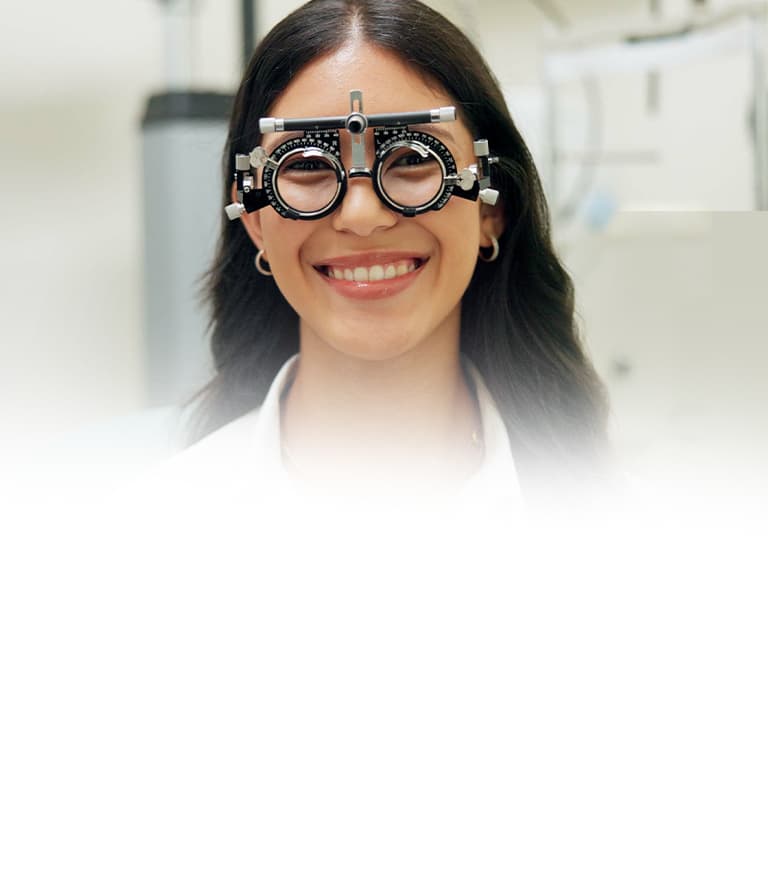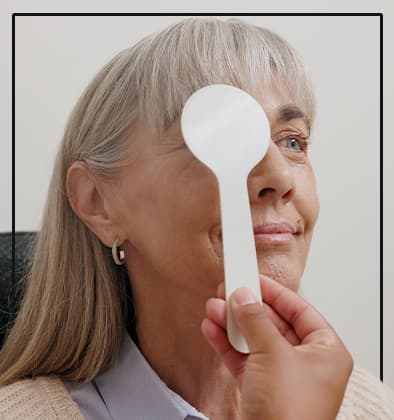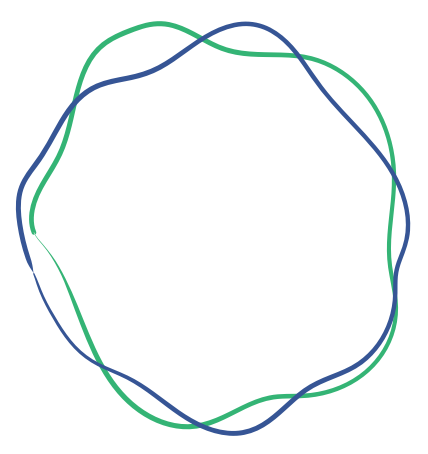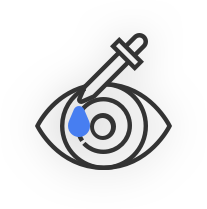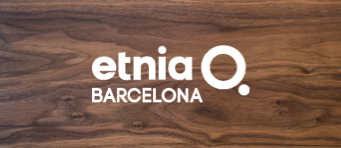What to Expect From Your Exam
Some people can get anxious over having any health exam, but we’re here to make sure your exam is comfortable and comprehensive.
We tailor our exams to your needs while we search for signs of eye conditions and diseases. We will keep you informed on what tests we’re performing and will happily address any questions or concerns you may have.
Here’s what you can expect from the exam process:
The Pre-Exam
Your eye exam starts with some measurements that gather information about the size, shape, and pressure of your eyes. This is done by a technician and these measurements give the doctor a better idea of what to look for in the exam. Once you are in the exam room, our doctors will have an in-depth discussion with you about your eye health, overall health, and family health history. This conversation aims to uncover any possible risk factors so we can orientate the exam accordingly.
Please ask any questions or stress any concerns you may have. The information you provide will help us address your needs. Once we confirm your health history is correct and updated, we will move forward with the rest of the exam.
Visual Acuity Assessment
The visual acuity assessment is where we determine the strength and sharpness of your vision. There are several different ways to do this, but some of the most common tools we use include a phoropter (a device that uses multiple lenses to test your vision) and a Snellen eye chart.
Binocular Vision and Peripheral Vision Testing
Your eye alignment and peripheral vision are important components of your sight beyond clarity. If your eyes are not aligned, you might feel dizzy, have difficulty concentrating, or experience frequent headaches.
We assess your eye alignment by checking your focusing ability, eye movement coordination, and depth perception. We also test for double vision or visual strain.
We’ll also assess your peripheral, or side, vision. Peripheral vision can indicate vision problems you may not be aware of and can provide a good baseline measurement to monitor any future changes.
Eye Health Screening & Retinal Exam
Eye health screenings are vital for every eye exam. We use state-of-the-art technology to diagnose any early signs of eye diseases. Many eye diseases can develop without showing noticeable symptoms, and it’s our job to make sure we catch these issues as soon as possible.
We do this with fundus retinal imaging, optical coherence tomography, and advanced tonometry tools to search for signs of glaucoma, age-related macular degeneration, diabetic retinopathy, and other diseases and conditions.
Findings & Recommendations
At the end of the exam, we will provide you with our findings and recommendations for managing your eye health. We may prescribe medications or updated lens prescriptions to help you achieve the clearest, healthiest vision possible.
We will customize your treatment plan to fit your needs. If at any point you feel as if your treatment, prescription, or management plan isn’t achieving your desired results, please contact us immediately to discuss alternatives.

